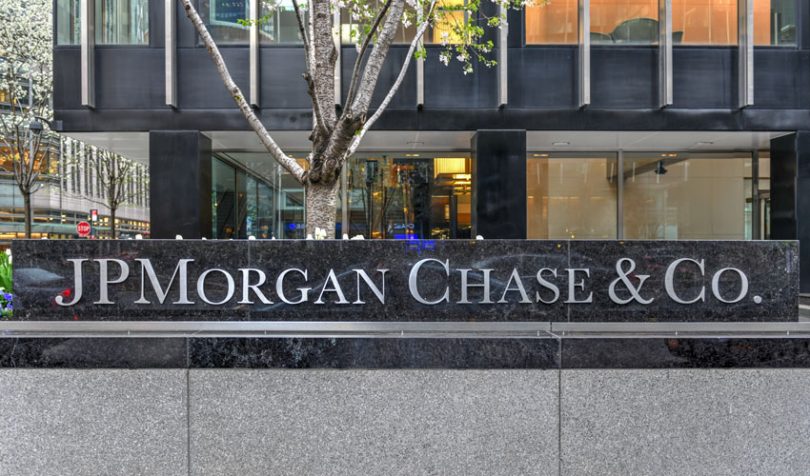JP Morgan’s blockchain payment-related network, the Interbank Information Network (IIN), now has 157 members, according to a Bloomberg report. That’s up from 100 members just three months ago. The project targets the inefficiencies in the SWIFT payment system which has 11,000 banks. SWIFT released SWIFT GPI to address some of the challenges, notably greater transparency with the ability to track payments. But it’s missing functionality that JP Morgan desires.
At last year’s Sibos conference, Emma Loftus, JP Morgan’s Head of Global Payments, described IIN as: “A secure blockchain network where we exchange data associated with compliance inquiries through the blockchain network, sequentially in a secure manner.”
SWIFT often works fine where there are no queries. But compliance inquiries and filtering transactions to be able to comply with regulatory obligations such as anti-money laundering (AML) can take 2-16 days.
Blockchain and payments
Blockchain approaches to payments tend to take one of two routes. The first avenue is reducing the friction in the correspondent banking system which historically involved a one-way communication process.
If a bank doesn’t have an account with the bank to which it’s sending money, then it needs to use an intermediate or correspondent bank that does. The one-way communication process means that problems required banks to pick up the phone or a back and forth of emails.
Ripple‘s core technology xCurrent introduced a bi-directional messaging to address this issue. And IIN is also addressing some of the challenges.
The second approach is to avoid correspondent banking altogether, and that’s where cryptocurrencies come in, including Ripple’s xCurrent product which uses XRP.
But JP Morgan doesn’t believe that blockchain will reinvent the global payment system. Instead, it will provide marginal improvements in line with the IIN.
Joyce Chang, chair of Global Research at JP Morgan told Bloomberg that “the most meaningful impact will probably be three to five years away and mostly on trade finance.” And there are plenty of blockchain trade finance initiatives, including the four global ones: we.trade, Marco Polo, komgo and Voltron.






